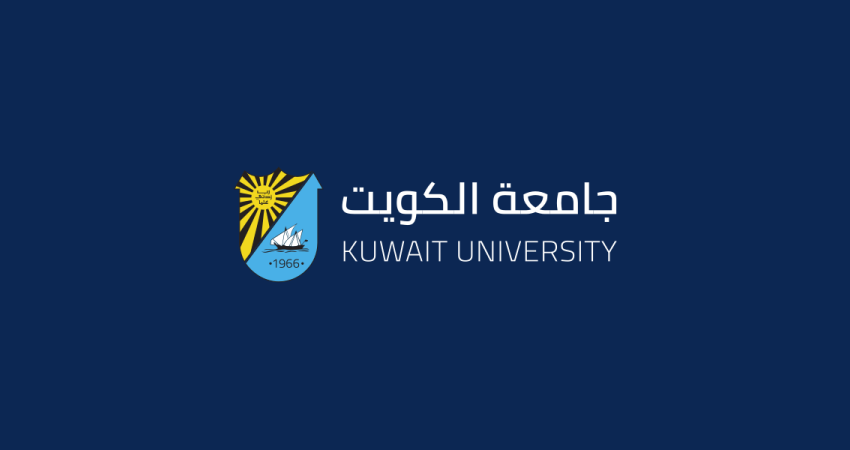Prof. Vainio: $ 4.6 trillion The cost of global pollution is equivalent to 6.2% of global economic income

The Dean of the Faculty of Public Health at the University of Kuwait, Professor Harri Vainio, stated that the College is organizing its third annual conference entitled "The impact of air pollution and climate change on human health" with the participation of a group of specialized professors under the patronage of the Rector of Kuwait University Prof. Hussein Al Ansari Will be held on Sunday, March 11, at Al Maha Hall at Kuwait Regency Hotel.
The Dean Prof. Harri Vainio said that speakers at the third annual conference are : Prof. Roberto Bertollini from MOH in Qatar ,and with the participation of Prof. Paolo Vineis of the London Imperial College, as well as local speakers, including MOH official speaker Dr. Ahmad Al-Shatti, Dr. Mafruh Al-Rashidi from KISR, and Mrs. Dalal Al Ajmi from the Environmental Public Authority.
The Third Annual Conference aims to provide a platform for exchanging local, regional and international experiences on climate change issues, air pollution and health impacts, and to strengthen research capacity and competence in this regard, and call for implementation of the recommendations and results of scientific research in this regard. He invited interested parties to register through the website www.hsc.edu.kw/fphk
He explained that air pollution and climate change have become a worrisome global problem. About 4.2 million deaths in 2015 were because of ambient air pollution. He added that carbon dioxide emissions from power plants, mining, automobiles and others would destroy natural resources. The economic costs of pollution-related health care, estimated at $ 4.6 trillion a year, equivalent to 6.2% of global economic output.
Prof. Vainio said that Kuwait reports high concentrations of particulate matter (PM10, PM2.5) contributing to the low air quality. The concentration of particulate matter is a key air quality indicator, since it is the most common air pollutant that affects short-term and long-term health. Two sizes of particulate matter are used to analyze air quality; fine particles with a diameter less than 2.5 µm (PM2.5) and coarse particles with a diameter of less than 10 µm (PM10). The PM2.5 particle fraction is of particular concern to health since the small size allows them to travel deeper into the cardiopulmonary system.
He stated that the rapid increase in motorized vehicles and increasing growth of population has contributed to the low air quality. The air quality in Kuwait is also affected by the proximity of the deserts and by frequent sandstorms, similarly to other GCC countries in the region. The WHO’s air quality guidelines recommend that the annual mean concentrations of PM2.5 should not exceed 10 µg /m3 and 20 µg /m3 for PM10. These WHO levels are exceeded in Kuwait by 3-7 -fold, due to high background levels of the particulate matter. “WHO Air Quality Guidelines” estimate that reducing annual average particulate matter (PM10) concentrations from levels of 70 µg /m3, common in Kuwait, to the WHO guideline level of 20 µg /m3, could reduce air-pollution related deaths by around 15 %.
The Dean of Faculty of Public Health mentioned that the air quality in Kuwait is further affected by burning fossil fuel in power plants, oil activities and petroleum refineries. The Environment Public Authority of Kuwait is mitigating to reduce the increasing levels of air pollutants discharged regularly from motor vehicles and to take necessary measures for the implementation of severe checks to maintain strict compliance with air quality standards.
He stated at the end of his statement that there are many ways to lower the air pollution levels through policies in transport, urban planning, power generation and industry. Clean technologies can reduce the smokestack emissions, prioritizing rapid urban mass transit, shifting to cleaner heavy-duty diesel vehicles and low-emissions vehicles and fuels. Strategies for waste reduction, waste separation, recycling and reuse or waste reprocessing are alternatives to open incineration of solid waste.